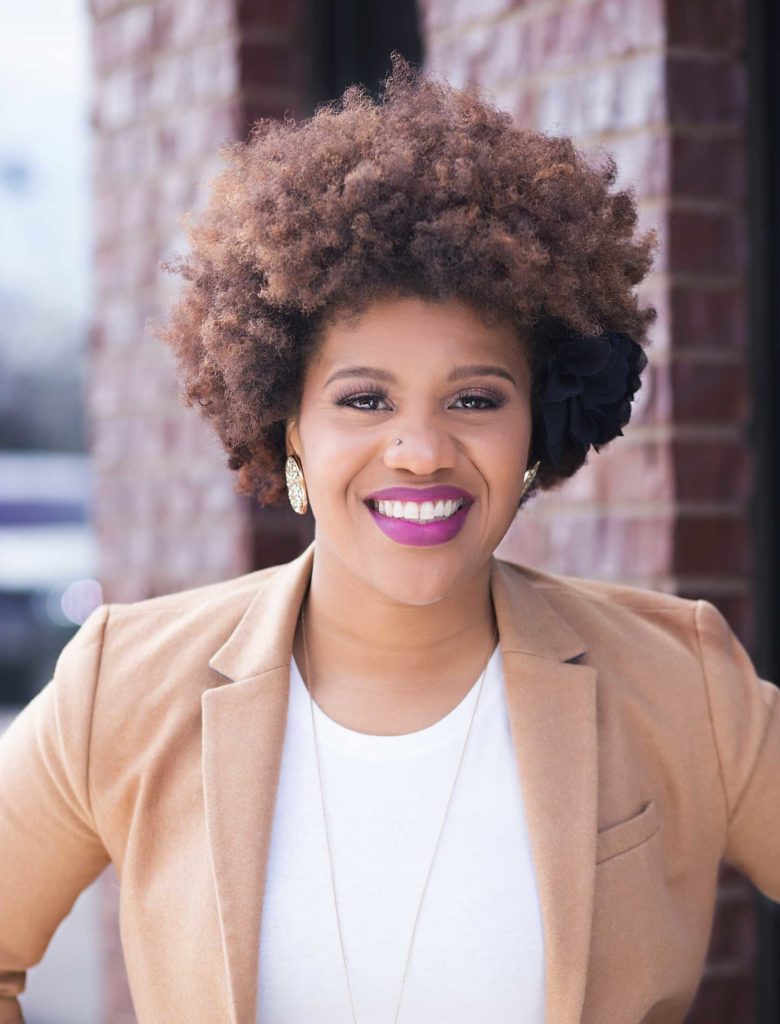
Sheena Collier describes moving to Boston from Atlanta as a culture shock.
Coming from a majority Black city to the cold North, Collier settled in at the Harvard Graduate School of Education.
“I think I was one of 35 or 40 Black master’s students in the whole school,” she said.
There, Collier first began doing what has become somewhat of a life’s calling: creating community.
“I was trying to create community for myself and figure out how to navigate Boston myself, and I started doing it for others.”
While Collier was connected to other graduate students, like many Blacks who come to study in Boston, she had no connection with the city’s neighborhoods.
“My social life was in downtown Boston, and there was no reason at that time for me to go into Roxbury or Dorchester,” she said. “I didn’t know anyone. There weren’t a lot of gathering spaces for me to just be in those neighborhoods.”
Collier said she was only able to break into the city’s Black social scene through working in the Boston Public Schools.
Fast forward 20 years, and Collier is hosting a “How to Boston While Black” summit, a conference aimed at helping Blacks in Boston and beyond find community in a city whose downtown bears little resemblance to the diversity of its neighborhoods.
The conference, which runs from this Thursday, April 28 through Saturday, April 30, will have a heavy emphasis on the technology sector and will include a targeted job fair with top companies, a one-to-one speed mentoring event, workshops, panel discussions, a Black-owned-restaurant crawl, and live music and performances.
Collier launched Boston While Black two years ago. The organization now has more than 600 members and 15 corporate sponsors. While the organization was originally launched with newcomers in mind, Collier says more than 40% of its membership consists of Boston-born Black people.
“I’ve been here 18 years now, and what I’ve heard over the couple of decades is, though people are from here, they’re still in isolation, there’s a segregation, a lack of access, whether real or perceived, to certain parts of Boston, both physically as well as to leadership tables and and decisions about the city,” Collier said.
While the city has universities that attract Black students from across the country, many choose not to stay in the city after graduating. Collier cites the lack of Black people in leadership positions in the city as a deterrent, as well as the difficulty Black entrepreneurs face in obtaining startup capital.
Collier said the conference has a heavy focus on tech firms because of their prominence in the city’s business landscape.
“When we launched in 2020, we started to bring on these corporate partners that we have now,” she said. “A majority of them are tech companies. We have Wayfair, DraftKings, HubSpot. Not all of their employees are tech people, but they’re tech companies and so we thought it was important to have this conference specifically focus on that, because there is this need in Boston.”
While the first day of the conference will focus on the tech and life sciences sectors, the second day’s workshops will focus on how best to navigate Boston’s professional and civic landscapes. The third day will feature events held throughout the city.
Ultimately, Collier says, she would like her organization to transform not only how Blacks experience Boston, but also how the city is seen through the eyes of outsiders.
“I really see us being able to raise the visibility of the deep Black history and Black culture that already exists here and then create what doesn’t exist so that this really is somewhere that Black people are proud to live, proud to have moved to for whatever time period that they are here, and that we are benefiting from all that Boston has to offer,” she said.






